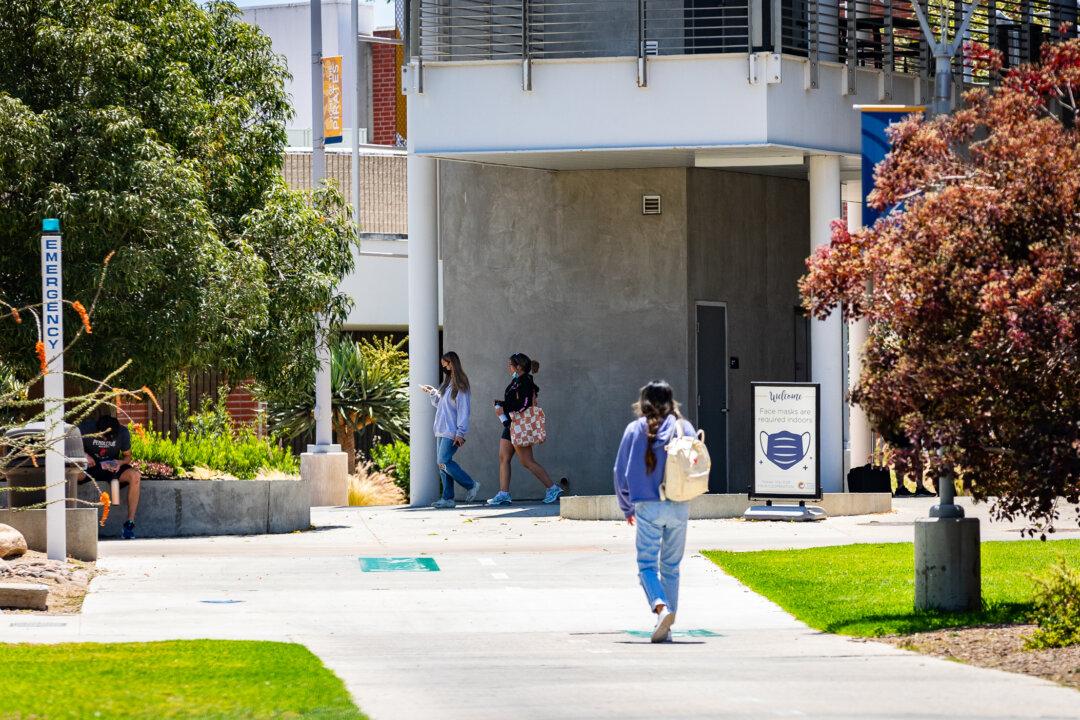The California Institute of Technology (Caltech) announced on July 27 that the school will not require first-year applicants to submit their SAT and ACT scores through 2025.
The prestigious private research institution in Pasadena first announced a two-year moratorium on the requirements in June 2020, in a response to the COVID-19 pandemic.




